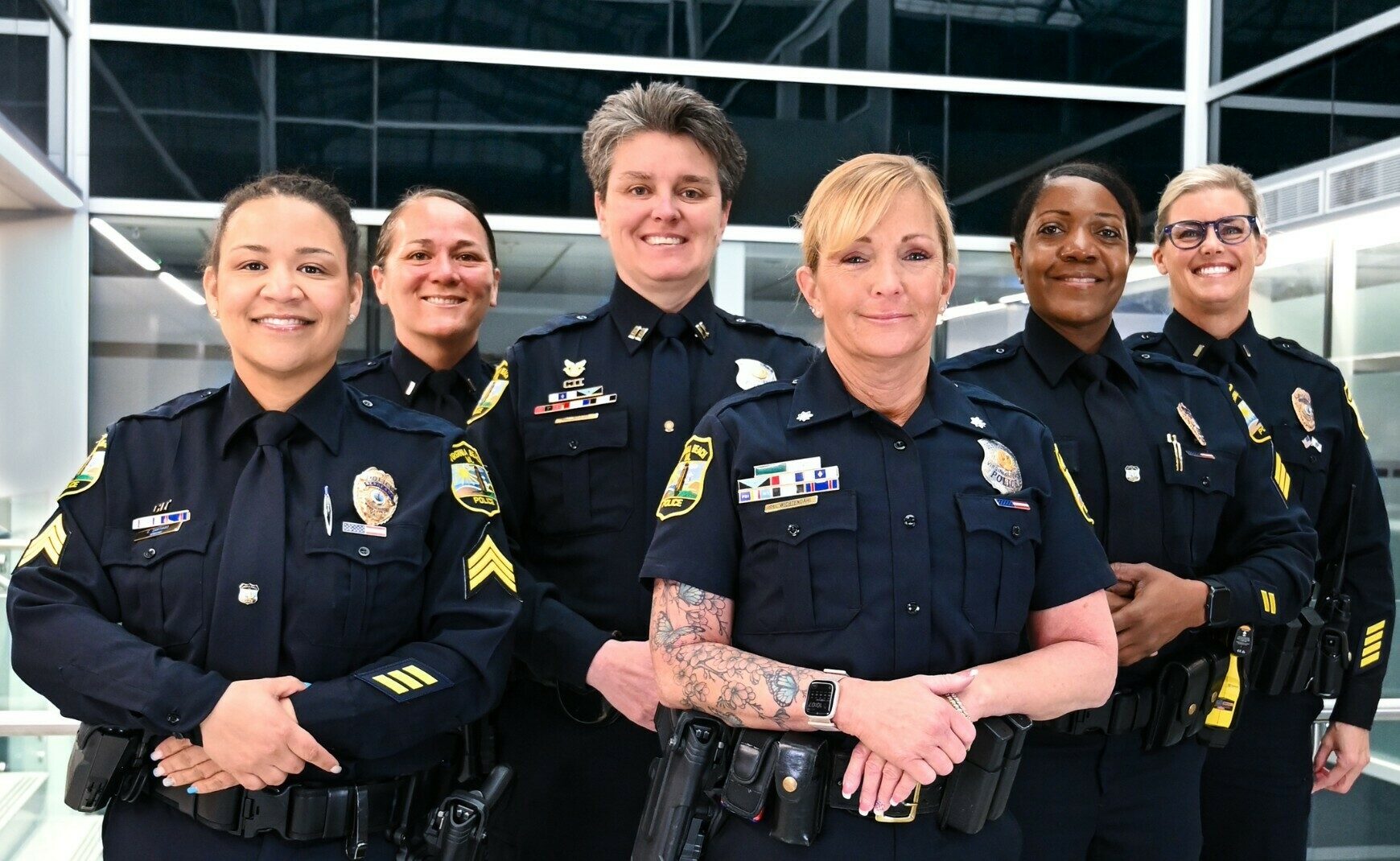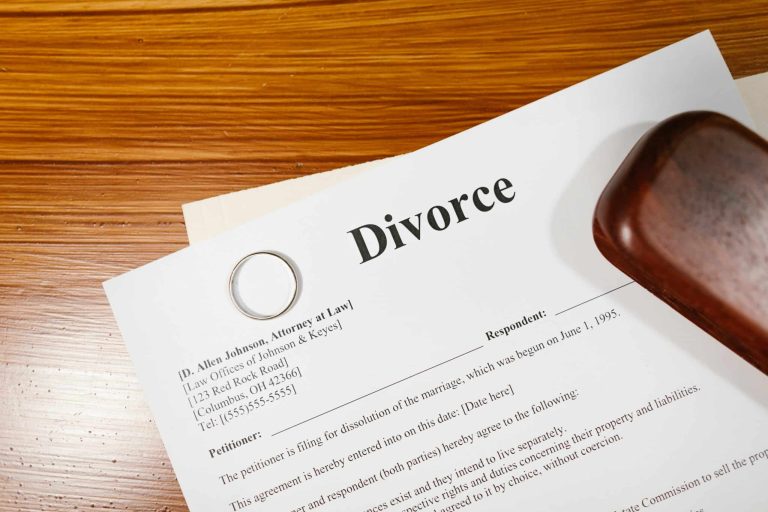Why Do Police Officers Cheat?
Infidelity is a sensitive and painful topic that affects countless relationships across all professions. However, police officers often find themselves under scrutiny when it comes to cheating, and this stereotype raises questions: Why do police officers cheat? Is it the nature of the job, the stress, or the close bonds they form with colleagues? While not every police officer cheats, there are factors unique to the profession that can create vulnerabilities in relationships.
In this article, we’ll explore the reasons behind this stereotype, dive into realistic scenarios that might lead to cheating, and discuss how digital investigators can play a positive role in helping individuals uncover the truth about infidelity.

The Nature of the Job: Stress and Long Hours
One of the most common reasons police officers are believed to cheat more frequently is the nature of their job. Law enforcement is a high-stress profession. Officers deal with life-threatening situations, confront violence, and are often exposed to traumatic experiences. This kind of stress can lead to emotional detachment or the need to seek comfort in unhealthy ways, including infidelity.
Imagine a scenario: Sarah has been married to her husband, a police officer, for five years. She notices that after particularly rough shifts, he comes home emotionally distant and exhausted. They talk less, spend less time together, and intimacy seems to have disappeared from their relationship. Sarah knows he’s struggling with the trauma of his job, but instead of seeking therapy or opening up, he begins spending more time with a female coworker who understands the pressures of police work. Eventually, their bond crosses into an emotional affair.
This scenario is not uncommon. Many police officers may feel misunderstood by their partners, leading them to seek emotional or physical connection elsewhere. The long hours, unpredictable shifts, and frequent overtime can create a physical and emotional distance between partners, making it harder to maintain intimacy and communication. Over time, this disconnection can make cheating seem like an easy escape or a way to fill the void.
Close Bonds with Colleagues
In law enforcement, officers often form deep, trusting bonds with their colleagues. They spend hours together, rely on one another in dangerous situations, and sometimes even develop friendships that transcend the workplace. These close relationships can blur the lines between professional and personal connections.
Consider this scenario: Mark has been working with his partner, Jenny, for three years. They’ve shared high-adrenaline situations, confided in each other during long patrols, and supported each other through stressful calls. One evening, after a particularly tough shift, they grab a drink together to unwind. What begins as a routine catch-up turns into something more when they start talking about their personal lives and relationship struggles. The emotional connection deepens, and eventually, Mark and Jenny engage in an affair.
The close-knit nature of law enforcement teams can sometimes create opportunities for emotional infidelity. Officers spend so much time with their colleagues that they might find themselves sharing things with them that they wouldn’t share with their own partners. Over time, these bonds can grow into emotional or physical relationships, even if neither person intended it at the start.
Police officers are often seen as protectors — heroes who keep communities safe and face danger head-on. This admiration can lead to what’s known as the “hero complex.” Being constantly praised or viewed as a symbol of strength can inflate an officer’s ego, making them feel invincible or entitled. In some cases, this inflated sense of self-worth can lead to riskier behavior, including cheating.
Coping Mechanisms: Escape from the Stress
Being a police officer is not just physically taxing but mentally and emotionally exhausting as well. Officers deal with the darker sides of society — violence, crime, and loss. As a result, some may turn to unhealthy coping mechanisms, such as alcohol, gambling, or infidelity, as a way to escape their stress and numb the emotional toll their job takes on them.
The act of cheating may not stem from a lack of love or commitment to a partner, but rather as a way to cope with the overwhelming stress and emotional toll of the job. These officers may not even realize they’re seeking out emotional or physical connections to fill a void that the job has created.
The Role of Digital Investigators
When suspicions of infidelity arise, digital investigators such as Cyberhacks can play an essential role in helping individuals uncover the truth. Police officers, like anyone else, leave behind digital footprints — whether through text messages, phone calls, social media interactions, or even credit card transactions. Digital investigators can gather evidence of infidelity by analyzing this data, providing clarity to those who are unsure about their partner’s fidelity.
Take Jane’s story: Jane noticed her husband, a police officer, becoming increasingly secretive. He would hide his phone, work extra-long shifts, and seemed emotionally distant. Despite her gut feeling, Jane couldn’t find any concrete evidence to confirm her suspicions. Frustrated, she hired a digital investigator who analyzed her husband’s phone records and found frequent late-night texts and calls to a female coworker. With this information, Jane confronted her husband and finally got the truth about his affair.
Digital investigators play a neutral and fact-finding role. They don’t make judgments — they simply uncover the truth, allowing individuals to make informed decisions about their relationships. In cases where trust has been broken, knowing the facts can be the first step toward healing or deciding the next course of action.
While infidelity can occur in any profession, the unique stresses and challenges of law enforcement can increase the risk. However, it’s essential to remember that not all police officers cheat, and many maintain healthy, faithful relationships despite the pressures of their job. The key to preventing infidelity is building trust, maintaining open communication, and seeking help when needed.
If you’re in a relationship with a police officer, it’s important to recognize the stress they face and offer support where possible. Encourage open discussions about how the job affects your relationship, and don’t hesitate to suggest professional counseling or therapy if you feel emotional distance growing.
Cheating happens when emotional or physical needs go unmet, and this can occur in any relationship, regardless of the career.
For those facing suspicions of infidelity, digital investigators can provide clarity by uncovering hidden information and helping individuals make informed decisions about their relationships.







